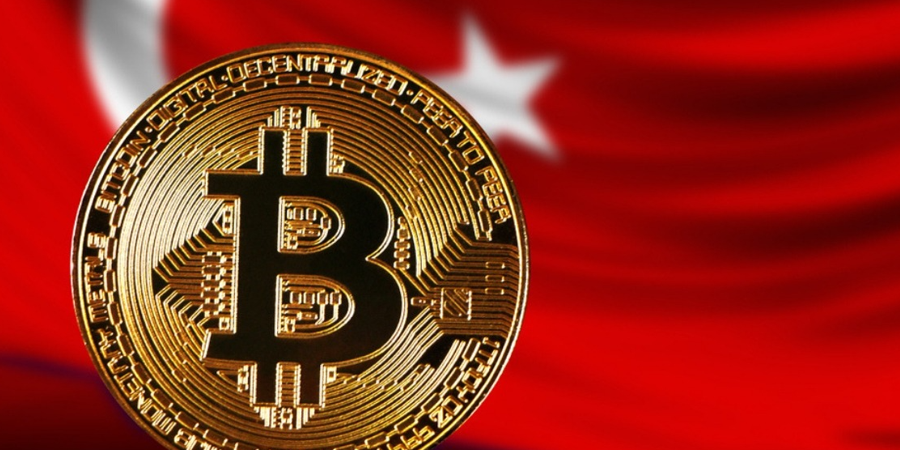According to a survey conducted by the KuCoin exchange, about 40% of Turkish citizens own crypto assets. The rapid adoption of cryptocurrencies in Turkey is due to the fall of the Turkish lira.
Researchers at the KuCoin cryptocurrency exchange conducted a survey among residents of Turkey. It turned out that against the backdrop of a fall in the value of the Turkish lira and high inflation, the demand for digital assets in Turkey is growing. This does not prevent even the lack of a regulatory framework for their regulation. To keep their savings, local citizens are ready to invest not only in gold and the US dollar, but also in cryptocurrencies. Unlike Western countries, where millennials are more interested in crypto assets, in 2021, Turkish citizens over 40 years old also began to show a strong interest in investing in cryptocurrencies and trading.
About 40% of respondents aged 18 to 60 own cryptocurrencies or have traded them in the last six months. Over 59% of crypto investors plan to increase their holdings in the first half of 2022. Every fourth trader surveyed has been trading crypto assets for more than a year. The KuCoin report notes that women are increasingly becoming participants in the crypto-currency market in Turkey, and they understand trading and investing as well as men. 47% of women invest in cryptocurrencies, the remaining 63% are interested in them.
Turkish residents who invest in cryptocurrencies pay special attention to stablecoins, crypto derivatives and metaverse projects. The USDT stablecoin, which provides access to the US dollar, is supported by all cryptocurrency platforms, and is also used in spot and futures trading, is in good demand among the Turkish population. Survey participants identified futures and options for cryptocurrencies as important risk management tools when dealing with volatile assets.
When choosing a platform for trading digital assets, 70% of respondents rate its security and stability. For 66% of survey participants, the convenience of depositing in fiat currencies and withdrawing funds is considered an important criterion. 65% of respondents pay attention to the user interface and usability on all devices. For 63% of traders, the variety of traded coins matters, and for 55% of users, the liquidity of transactions becomes the determining factor.
Last year, due to the collapse of the Turkish lira and the increased interest of local citizens in cryptocurrencies, the bitcoin exchange rate on Turkish peer-to-peer sites rose to $100,000. According to a recent YouGov study, 77% of Saudi Arabians are also well aware of cryptocurrencies, but only 18% citizens of this country trade them.







